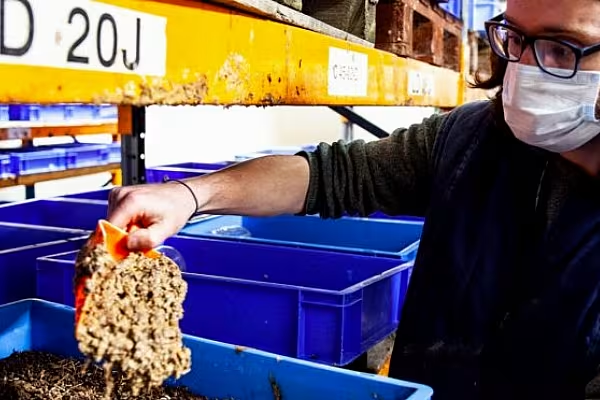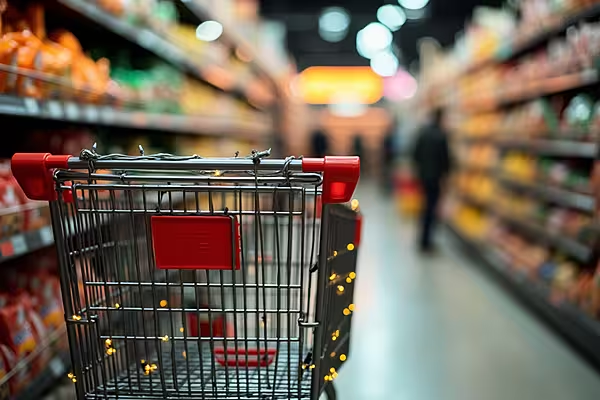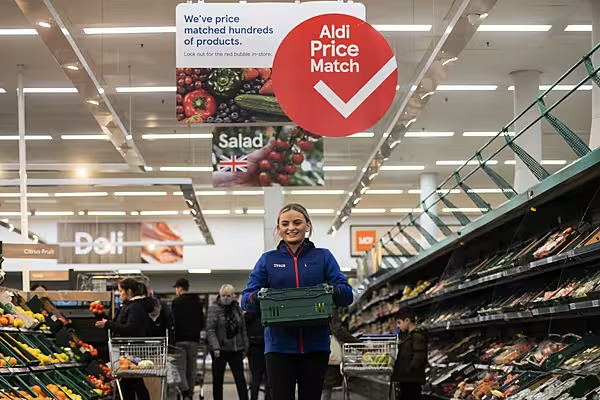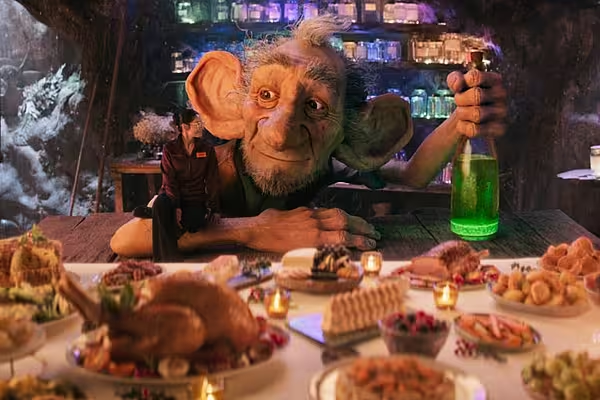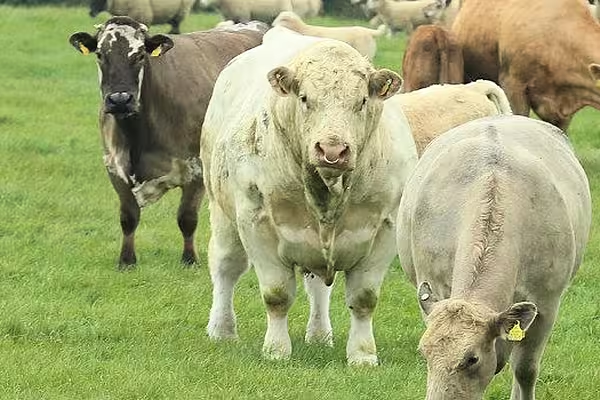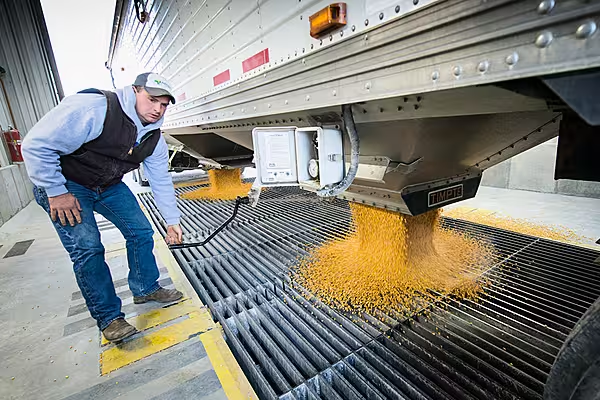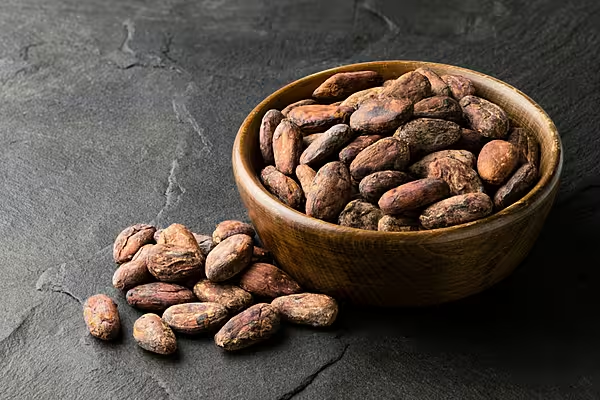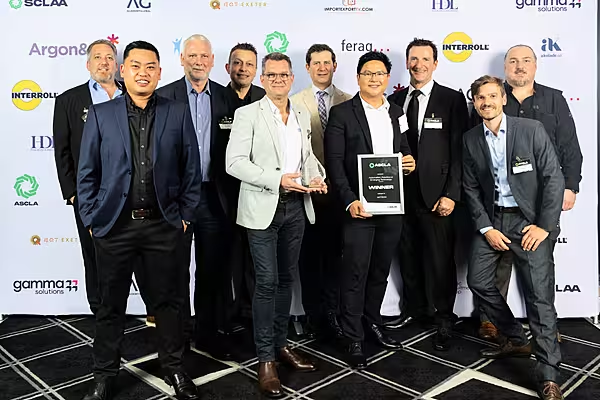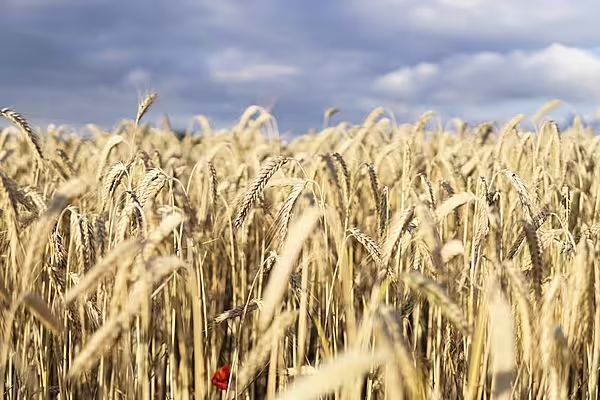A new report commissioned by Tesco and WWF states using insect meal to feed fish and livestock could cut the UK’s future soy footprint by a fifth, protecting critical landscapes like the Brazilian Cerrado.
The research highlights the potential for insect farming in helping to tackle the climate and nature crisis.
Soy Production
'The Future of Feed: a WWF roadmap to accelerating insect protein in UK feeds' report says that the total demand for insect meal from the UK’s pig, poultry, and salmon sectors could reach around 540,000 tonnes a year by 2050.
The report shows this could result in about 16,000 tonnes of fishmeal and 524,000 tonnes of soy being replaced. It is equivalent to 20% of the UK’s projected soy imports in 2050, or Tesco UK’s entire 2018 soy footprint.
Animal feed accounts for around 75% of soy production, but cultivation of the crop is fuelling climate change, deforestation, and habitat conversion in several key ecosystems, including the Brazilian Cerrado, where more than 100,000 hectares of habitat is lost each year to make way for soy production.
Around 150,000 hectares of land – almost the size of Greater London – is required to produce this amount of soy annually.
Insect Farming
In addition to reducing deforestation risk, insect farming is advantageous because many insects are biological waste processors, helping to recycle and decompose material.
They can be reared from a vast range of feedstocks, or substrates, and can process surplus food, by-products, and other raw materials which might otherwise go to waste.
Currently, processed insect protein cannot be fed to any farmed livestock intended for human consumption.
The EU is expected to amend legislation to permit its use in pig and poultry feed, and the UK could follow suit.
Some new UK facilities for insect farming are in construction, but the sector is constrained by several factors, including only a limited number of substrates being authorised for rearing insects which are intended to be used in animal feed.
Additional Substrates
WWF and Tesco are calling on the UK government to mandate the Food Standards Agency, with input from Food Standards Scotland, to research the potential and regulatory requirements for using additional substrates for insect farming, which could allow a broader range of feedstocks to feed on farm insects.
Ashwin Prasad, chief product Officer, at Tesco said, "We’re calling on the Government to build on this report and develop financial incentives to support innovative farming methods, such as insect farming, which will support the scale up of these new industries."
© 2021 European Supermarket Magazine. Article by Conor Farrelly. For more Retail news, click here. Click subscribe to sign up to ESM: European Supermarket Magazine.
